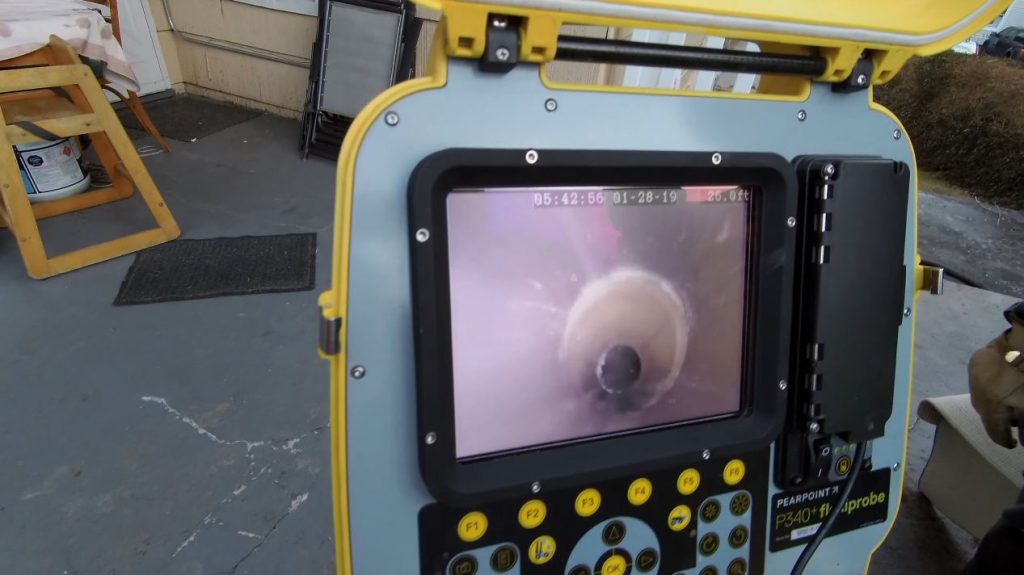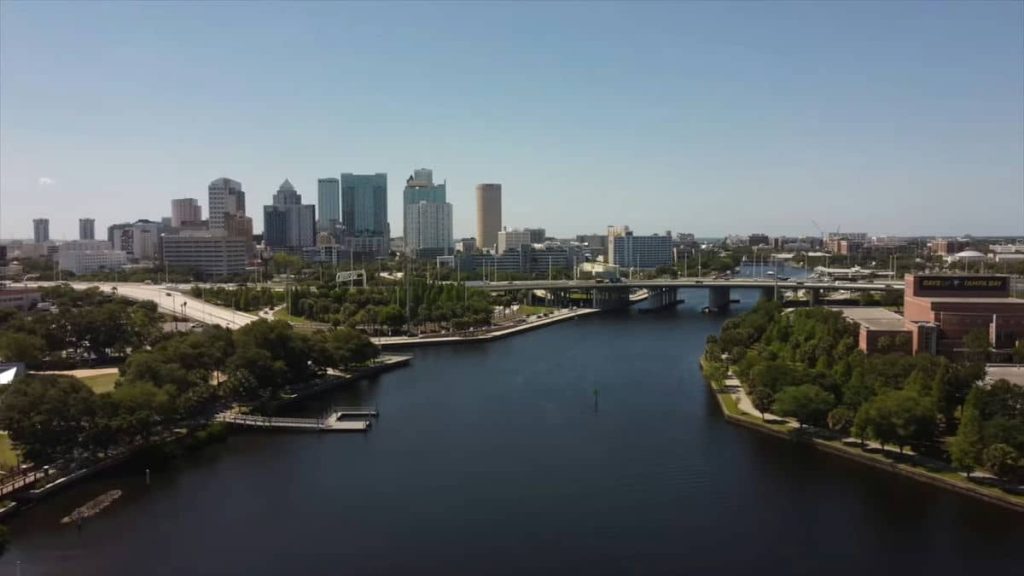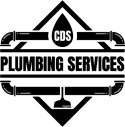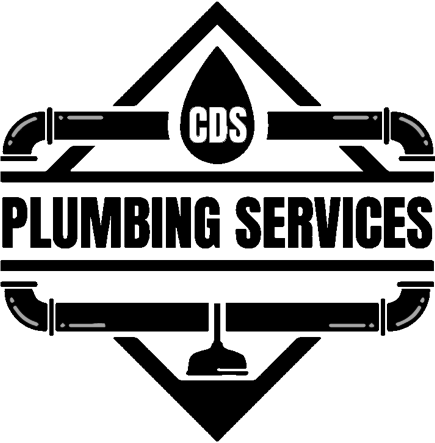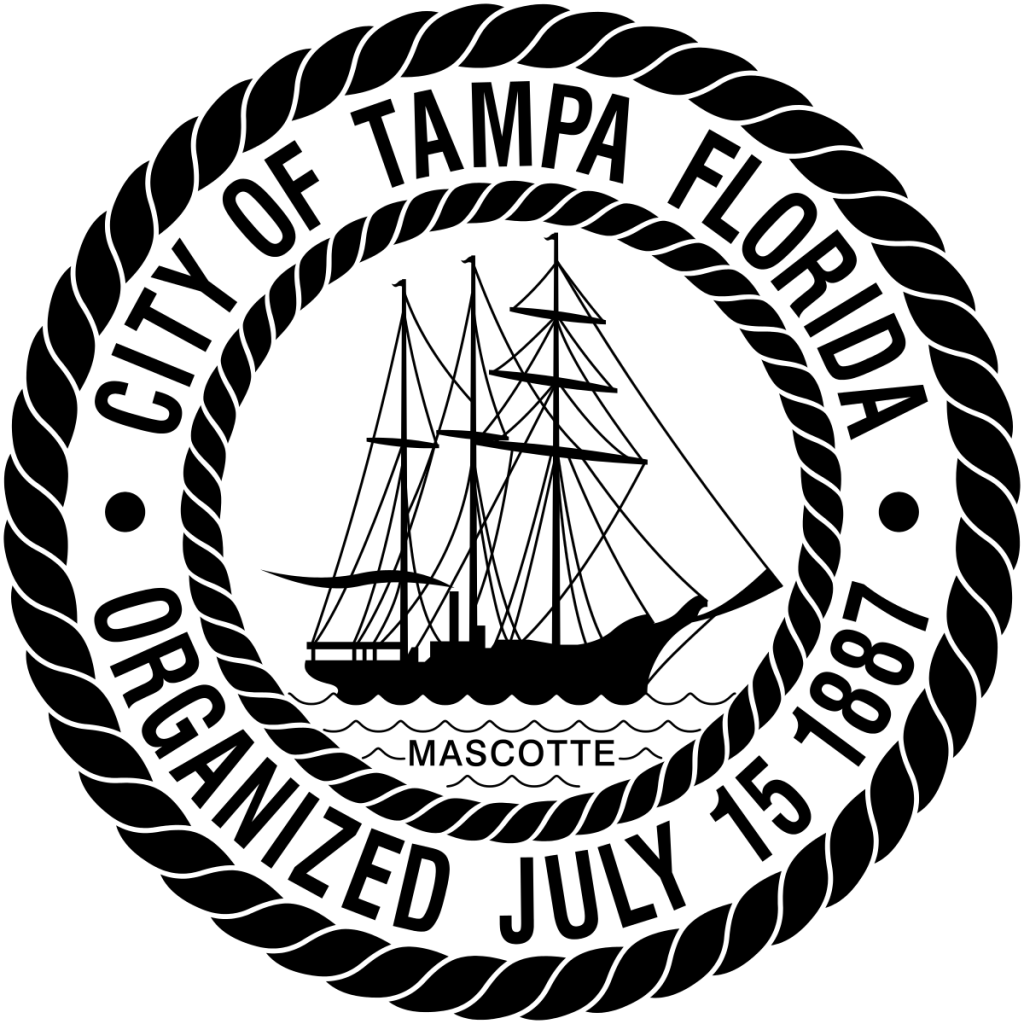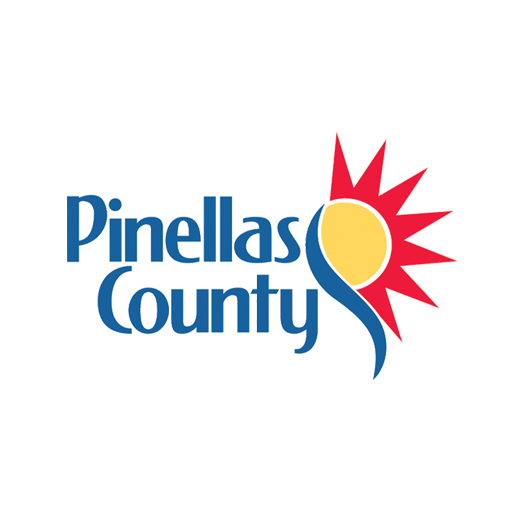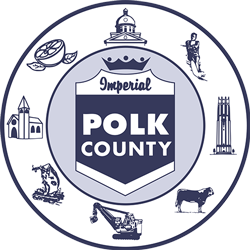Comprehensive Plumbing Inspections in Tampa
Ensure the well-being and efficiency of your home’s plumbing system with CDS Plumbing Services, your go-to provider for thorough plumbing inspection services in Tampa, FL. Our experienced team employs the latest technology and techniques to deliver comprehensive inspections, spotting potential issues before they turn into significant problems.
Related Plumbing Inspection Offerings

Setting the Standard the Way in Plumbing Inspection: Tampa Homeowners’ Glowing Reviews Are a Testament
At CD’s Plumbing Services in Tampa, we deeply value the testimonials from our cherished clients. Our dedication to superior service is manifested in the glowing reviews submitted by those we’ve been honored to assist. Explore these testimonials to understand why CDS Plumbing Services stands as a trusted provider for Plumbing Inspection in the dynamic plumbing sector of Tampa.
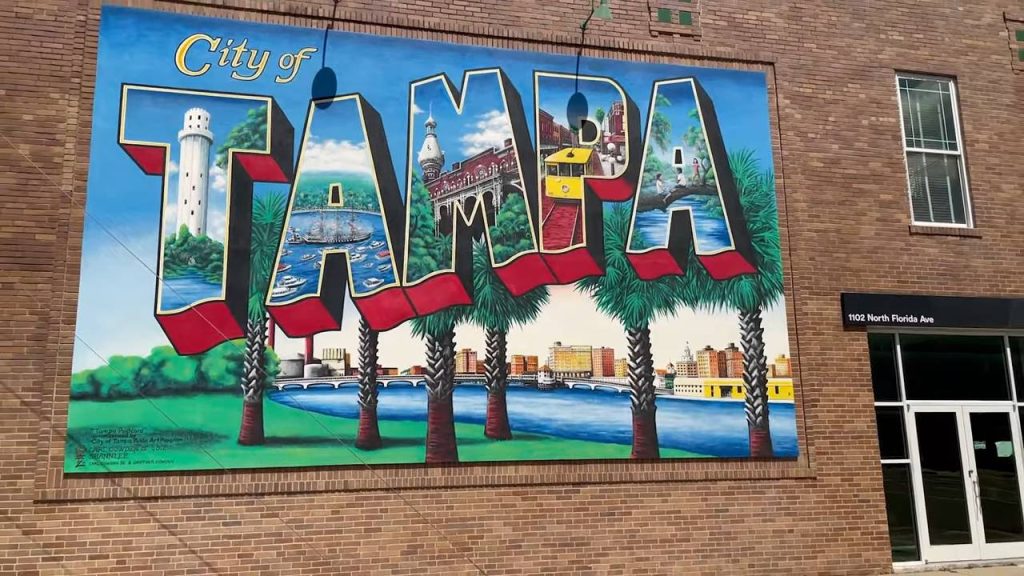
Coupons
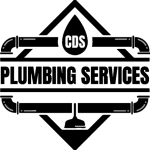
SAVE 5% – Military & Police
Save 5% off your final pre-tax Plumbing Inspection bill as a thank-you for serving the community. It cannot be combined with other offers.
Expires: 12/31/23
FL Plumbing License: #CFC1432548

$30 Off – Holiday Special
Save $30 off your final pre-tax Plumbing Inspection bill as an end-of-the-year special. It cannot be combined with other offers.
Expires: 12/31/23
FL Plumbing License: #CFC1432548
